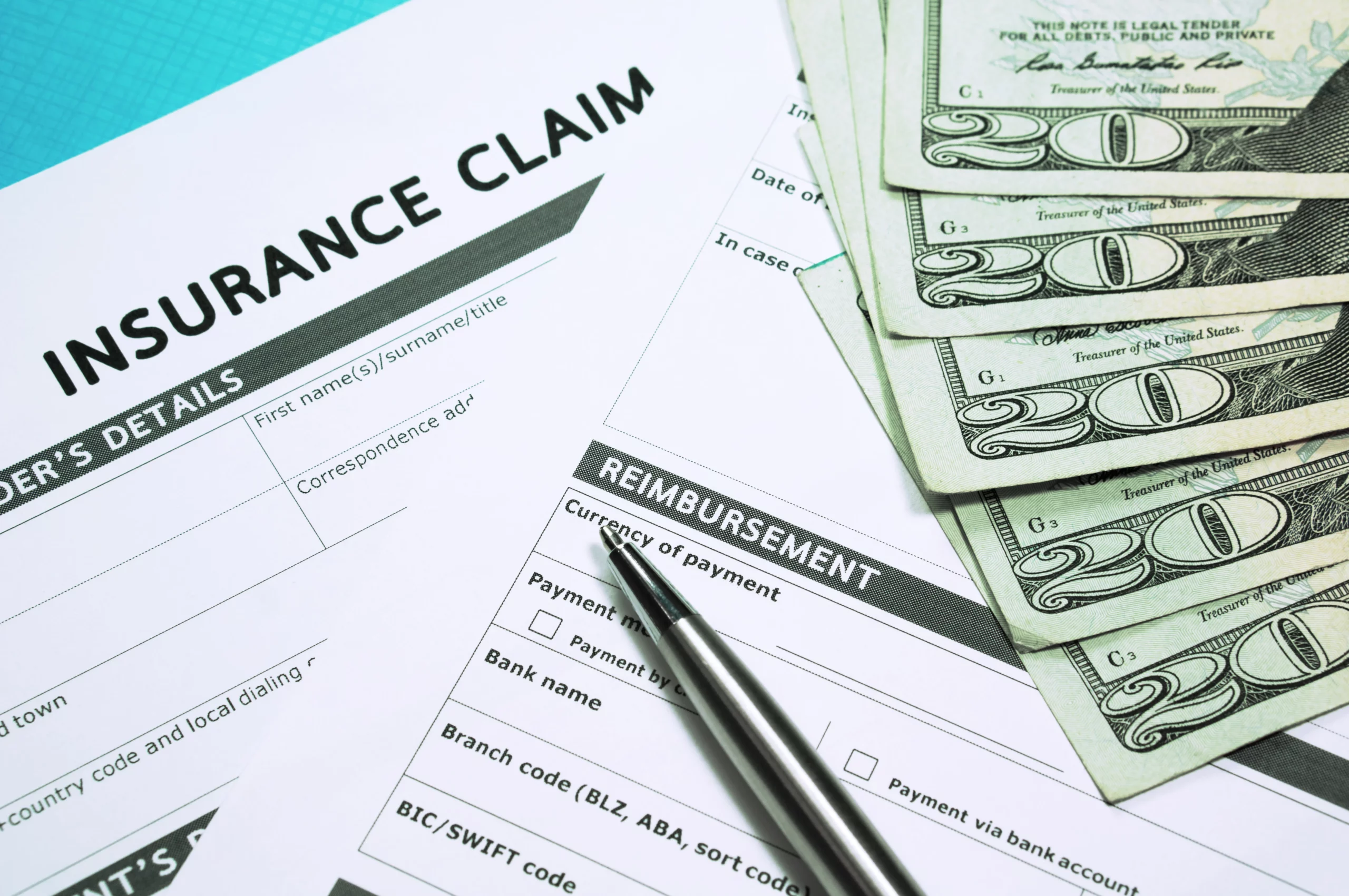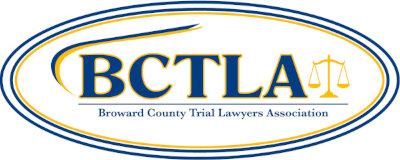When you are young, fit, or at the top of your game, it is easy to fall into the “It will never happen to me” mentality. We believe nothing could ever go wrong. However, life is not always sunshine and rainbows. We live in an unpredictable world these days, and there are many legitimate reasons to prepare yourself for those unannounced curveballs.
As the 2022 Atlantic Hurricane Season starts, Floridians should be thinking about their property insurance policy. The National Oceanic and Atmospheric Administration (NOAA) predicts this season’s activity to be above normal. In fact, Tropical Storm Alex brought the first threat of the hurricane season in Florida, leaving behind flooded streets and an overflow in the Miami-Dade sewage system. Although we hope for a calm and uneventful season, we must be prepared for what experts anticipate.
Why is Insurance Important?
In case I have not convinced you yet, let me give you a brief introduction to the costliest hurricane in Florida’s recent history. In 2017, category 4 Hurricane Irma hit South Florida with full force. It left behind damages estimated between $25 billion and $35 billion. According to the Florida Office of Insurance Regulation (FOIR), insurance companies have paid over $17.44 billion in property claims for damages caused by Irma. Thus, it is imperative for you, the prudent and diligent homeowner, to understand your property insurance policy in case a Hurricane hits Florida this season.
During the next couple of posts, we will help you obtain a stronger understanding of the benefits of your insurance policy. Let’s begin by addressing the most common question:
What Are You Entitled to Recover?
Depending on the type of claim you file, your insurer will determine the cost of replacing or repairing your belongings or dwelling by looking at actual cash value (ACV) or replacement cost value (RCV). Claims related to the physical structure of your home typically are settled on a replacement cost basis. Personal property claims may use either ACV or RCV, depending on your policy.
What is Replacement Cost Value?
Replacement Cost Value is exactly what it sounds like. It is the cost to replace the damaged item with one of similar quality. For example, if your 50-inch TV is fried after a lightning strike during a thunderstorm, you would recover the cost required to buy a new 50-inch TV of a similar brand or quality.
Figuring out the replacement cost of your home is a little trickier. In that case, the RCV is the cost of the materials and labor needed to rebuild the structure. Why is this confusing? Because if your TV gets damaged, you will simply look at the price of a similar TV on the market and recover that amount. You wouldn’t be worried about the components needed to build the TV and how much an engineer would charge to put it together. With a house or building you would not look at the value of similar structures in the real estate market. Instead, you would focus on the cost of rebuilding the damaged structure.
What is Actual Cash Value?
Actual Cash Value (ACV) is the current value of a specific item. The calculation starts with the amount you original paid for the item, minus any depreciation.
Determining depreciation can be a complicated mathematical and economical calculation. Put simply, it is the value taken away due to any wear and tear on the item. It typically applies to the personal property portion of your homeowner’s policy. For instance, let’s reconsider the same 50-inch TV. If you purchased it for $800 five years ago, and it was recently ruined by a water leak in your roof, it is unlikely you will be reimbursed for the full cost of the TV on an ACV claim. If such claim is approved, you will receive only the current estimated value, which will be a fraction of the original amount you paid, minus any deductible. For instance, if your TV is valued at $500 and your deductible is $300, your insurer will only reimburse you $200 for the damaged TV.
Similarly, if your roof is damaged and the ACV is $15,000 but your policy limit is $10,000, your insurer will only reimburse you for costs up to $10,000. You’ll be responsible for paying the remaining expenses out of pocket. Because ACV policies often provide less coverage than their RCV counterparts, they are typically the cheaper insurance option.
What is the Difference?
The difference is that replacement cost insurance pays for the full replacement cost of your items, whereas actual cash value insurance only pays for the depreciated value. With replacement cost insurance, you’ll have enough money to replace your belongings. With actual cash value insurance, you’ll have to make up the difference out of pocket. Finally, the premium of an RCV policy will be higher than that of an ACV policy.
What Does Florida Law Have to Say?
The legislature established the duties of insurers when property is insured on the basis of replacement cost. Pursuant to Fla. Stat. §627.7011, insurers must initially pay the ACV of the loss, minus any deductible. Additionally, the insurer must pay any additional costs that the policyholder incurs when performing repairs. In the case of total loss of property, the statute requires that the insurer pay the replacement cost without reservation or holdback of any depreciation value.
However, disputes arise with frequency as to the coverage of damages. If you are unsure as to what you are entitled to recover in your policy, you can always turn to our team of experienced attorneys at Schirmer Law.
Let us help you secure the compensation you are entitled to under your policy. Contact us today at 754-260-5410 or info@SchirmerLaw.com to schedule a free consultation.









